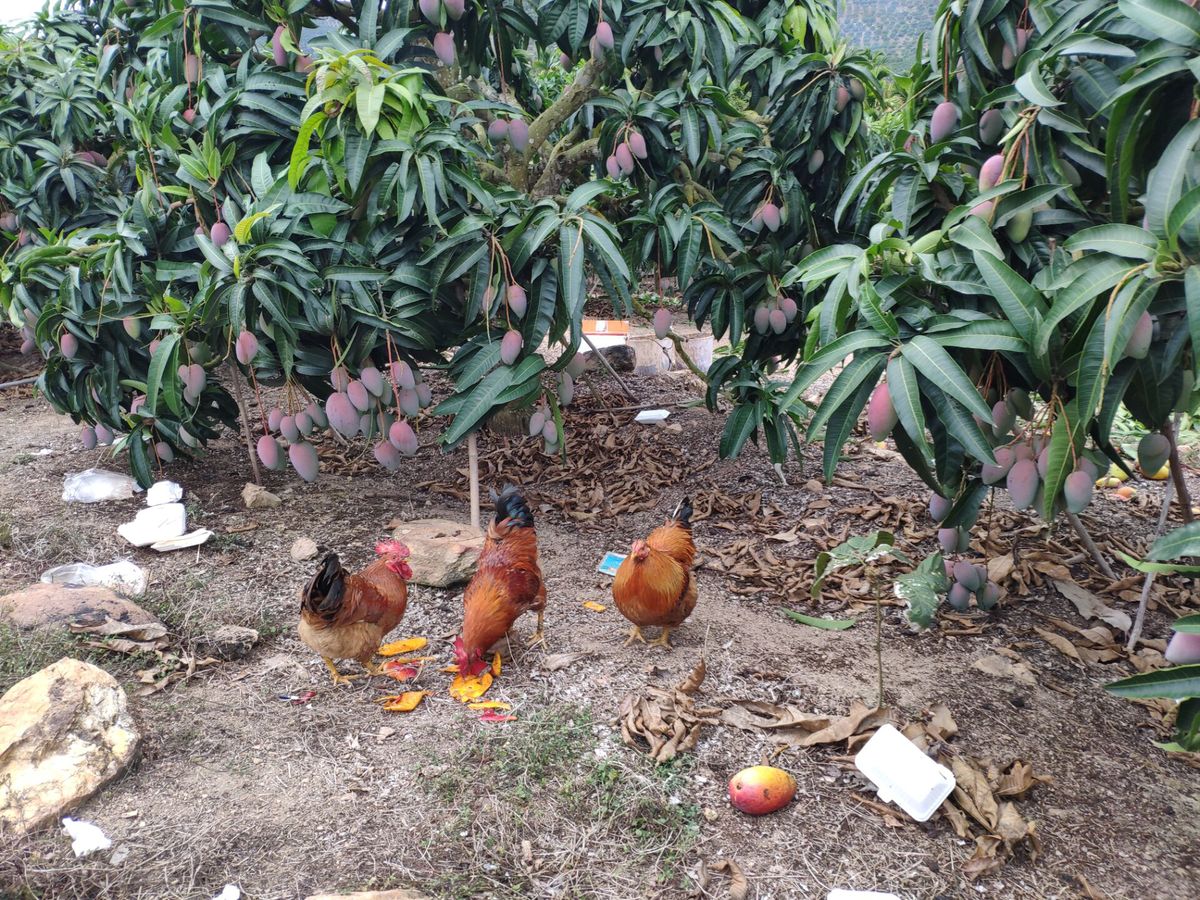Fruit farmers face growing price dilemma


Losses
By Feb 18, Pan Yulin had sold nearly 60 tons of mangoes through Taobao, an e-commerce platform, and offline wholesalers. The sales period came about three weeks later than last year.
After the coronavirus outbreak, fruit wholesalers who had arranged to visit the 34-year-old at his farm in Sanya, Hainan province, were unable to make the meeting, while local wholesalers bought very few of his goods.
Pan's peers in Hainan are using a number of e-commerce platforms to sell their produce. Though the situation is improving, there is still a large backlog.
The native of Nanning, capital of the Guangxi Zhuang autonomous region, and his family have been planting mangoes in Sanya since 2012 and they own more than 1,000 trees.
"In previous years, fruit merchants would gradually come to Hainan after Lunar New Year. This has been the first time my mangoes haven't sold out in the first month of the lunar year," Pan said.
Wholesalers have also offered lower prices this year, with the worst being less than 2 yuan per kg, far lower than last year's 5.80 yuan. When Taobao offered about 4 yuan per kg, Pan immediately decided to sell his mango crop.
"My income is nearly 100,000 yuan lower than last year, but I was lucky to sell about 60 tons of fruit and break even," he said.
Pan's market normally includes Beijing and the provinces of Zhejiang and Sichuan. Fruit merchants usually go to his orchard to buy his produce and the price is higher than the online market, so normally he makes few sales on the internet.
Wu Youxiang, 54, and other residents who joined a fruit cooperative in their hometown of Mangshi, Dehong Dai and Jingpo autonomous prefecture, Yunan province, registered a combined loss of about 1 million yuan as sales declined.
The villagers decided to sell their 50 tons of tangerines and 400 tons of passion fruit at low prices. As of Feb 19, all the fruit they had in storage had been sold, except for some "secondary" fruit, such as those of smaller size or poor quality.
Wu's village planted 53 hectares of passion fruit and 11 hectares of tangerines. When wholesalers came to the village after Feb 10-later than last year-they offered 1 yuan per kg for the passion fruit, half the price from 12 months ago.
"I've calculated that due to the outbreak, we have lost about 1 million yuan compared with last year. People can wait for the market to improve, but the fruit can't, and we can't allow it to rot in the fields," Wu said.
























